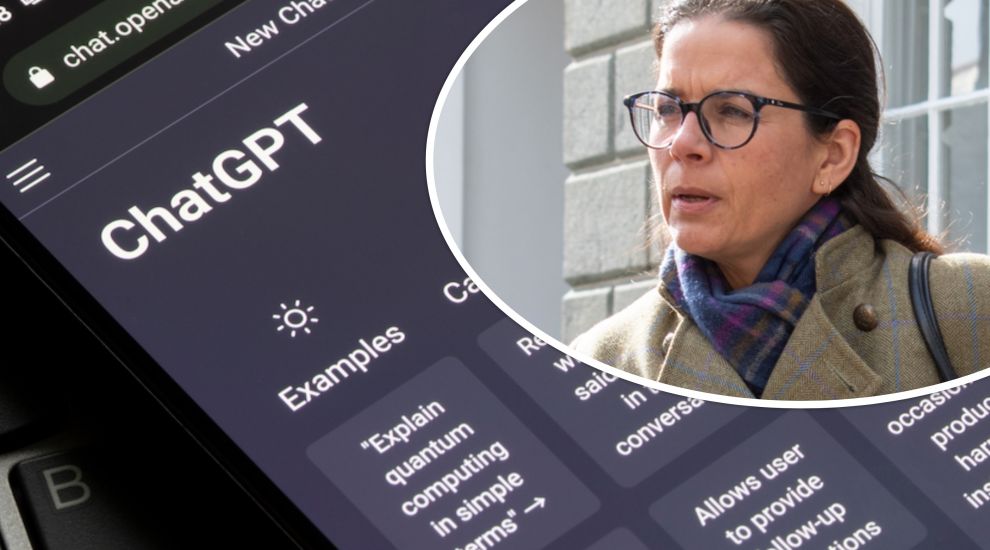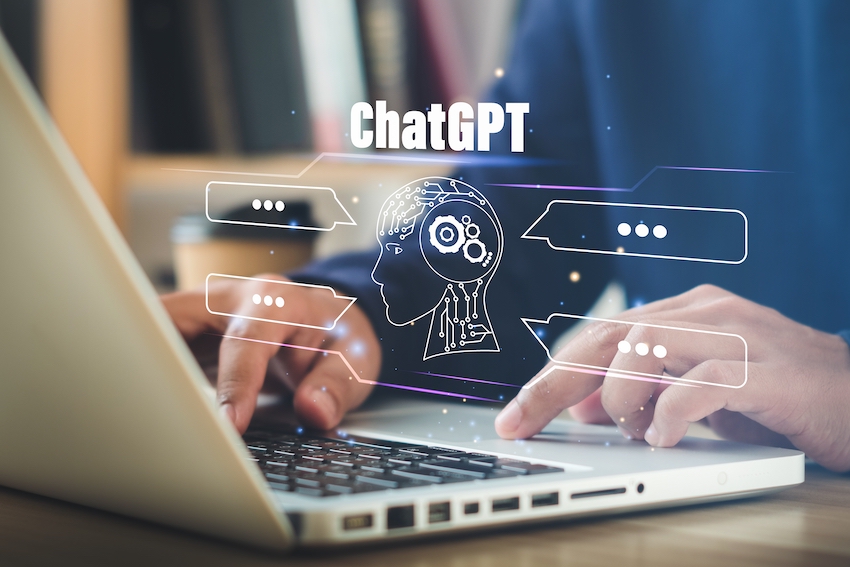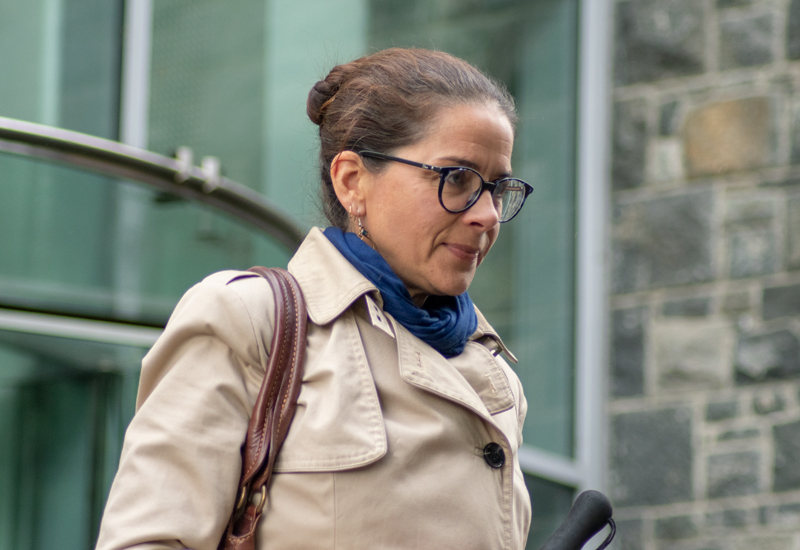


ChatGPT has arrived and brings with it fears that students will use the Artificial Intelligence chatbot to cheat on their homework and auto-generate essays.
Express has already heard concerns from education leaders in Guernsey that ChatGPT has dramatically changed the playing field, and with AI assisted homework almost impossible to distinguish from the real thing, the next few years will be crucial in either incorporating or removing AI from our school settings.
Internationally there have been calls to ban ChatGPT from education settings completely, with multiple school districts in the US already having done so and several universities in the UK debating what to do next.
And the next move needs to be a quick one. The cat’s out the bag already, as it were, and the use of various AI language tools is now widespread, with almost half of Cambridge students admitting to using ChatGPT to support their studies.

The President of the Committee for Education, Sport and Culture touched on the introduction of AI in schools recently and said it’s a topic that comes up in every single meeting the committee has.
“The release of ChatGPT has accelerated this conversation,” said Deputy Andrea Dudley-Owen. “The concerns are around the output. And what the possibilities are with that, the negative possibilities as well as the positive ones, and how that is managed within an education space.”
She said that students in Guernsey schools are being taught to be critical thinkers and asked, “how can they be critical thinkers if they haven't been able to think of the content themselves?”
Despite this, incorporating AI technology and embracing it appears to be the way forward. Deputy Dudley-Owen said Education’s digital roadmap focuses on teaching students how to use technology wisely “at the right time, in the appropriate way”.
“This is about how you use digital technology responsibly, to get the best out of it. I think that in terms of how this manifests itself in the school environment, it might mean a return to what we could consider certain traditional methods of much more high stakes exams, rather than coursework.
“That's how it could manifest itself. But obviously, if we're talking about GCSEs, or A levels... those aren't our specific qualifications... so that that's very much a conversation that needs to be had with the UK, and we need to be paying heed to what's going on over there, and how this is impacting our schools and the output in terms of what students are producing.”

Pictured: Deputy Dudley-Owen.
It makes sense to incorporate rather than ban, mainly because banning it simply won’t work. Technology is more invasive than ever, with every student having a smartphone in their pocket and by default, a high-powered AI butler who’s only going to get smarter. You can ban it from the school system, but attempting to remove it from the classroom is simply impossible.
“We have to keep up with that,” said Deputy Dudley-Owen, “in addition to all the other social stuff we have to keep up with.”
“I think that we're operating in a world which has seen more changes, more profound and significant changes, in a shorter time frame than we have in a few hundred years.”
You can listen to the first in a series of podcasts with Deputy Dudley-Owen below:
Comments
Comments on this story express the views of the commentator only, not Bailiwick Publishing. We are unable to guarantee the accuracy of any of those comments.